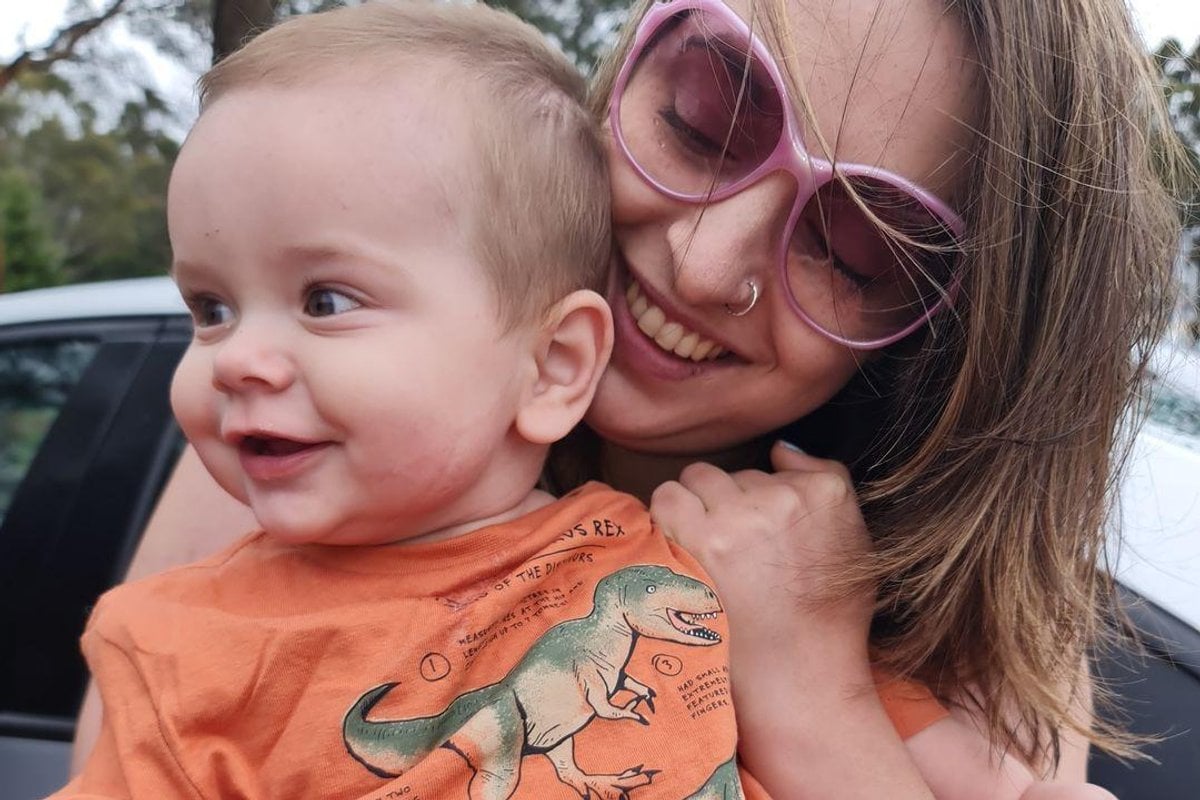
As parents, we worry about our kids' safety, but for those with obsessive-compulsive disorder or OCD like me, parental concern can spiral into intrusive, disturbing thoughts.
It's hard to differentiate between normal and not, particularly for new parents experiencing these feelings for the first time along with the increased anxiety that comes with a new baby.
OCD is estimated to affect three in 100 people in Australia and is often associated with repetitive behaviours like hand-washing or double-checking locks. The symptoms of OCD vary between each person, but these rituals often come from a fear of what might happen if we don't do them – the obsession part of OCD.
The Diagnostic and Statistical Manual of Mental Disorders 5th edition(DSM-5) classifies obsession as “recurrent and persistent thoughts, urges, or impulses” that “cause marked anxiety or distress.”
The compulsion is the action taken to ease these things, described as behaviours aimed at “preventing or reducing anxiety or distress.” It can be unclear how these acts connect to the threat, and they are often excessive. For me, checking locks repeatedly is due to an obsessive fear that someone will break into my apartment and hurt my son.
Watch: Lily Bailey describes her OCD on No Filter. Post continues below.


Top Comments